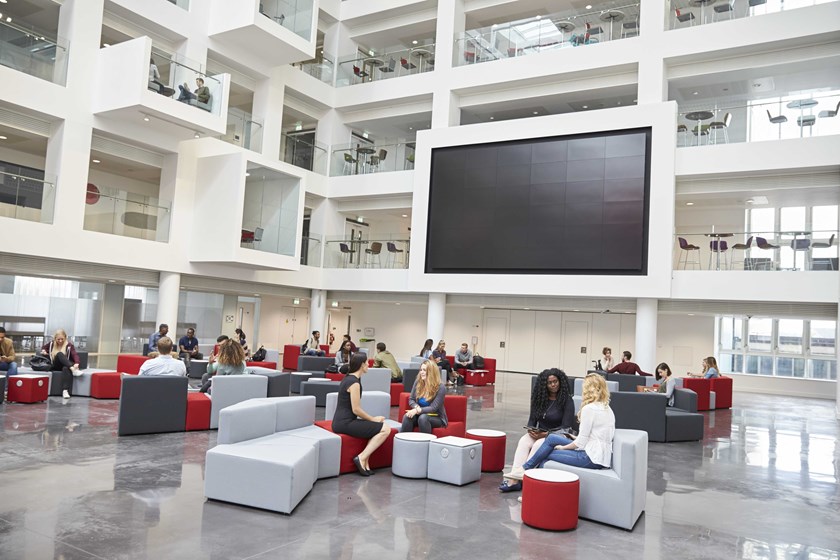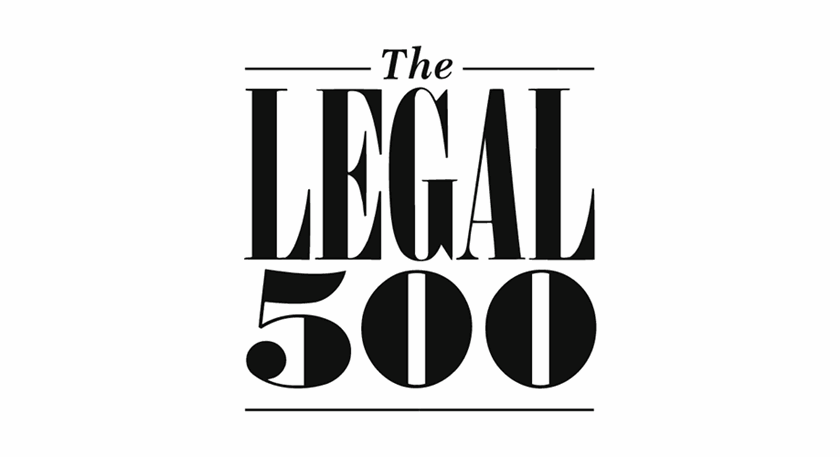A new direction for access and participation
Insight

On 8 February, John Blake – the OfS’s director for fair access and participation – gave an online webinar setting out his priorities for his time in office. His speech was followed by a presentation by the OfS’s access and participation plan manager; outlining the upcoming changes and explaining what HE providers will need to do.
The OfS’s three priorities
1. Evaluation
At the moment, there is little evidence about what works to improve access and participation by disadvantaged groups. Blake intends changing this: if HE providers evaluate their programmes and publish their findings, the sector as a whole will have a better evidential foundation on which to design their access and participation plans (APPs). The OfS accepts that some initiatives will not work – even failures will contribute to the evidence base.
2. Access and participation to be aligned with, and be part of, the OfS’s quality and standards work
For Blake, it is not enough that underrepresented groups receive any education – to be transformative, it needs to be high quality education. He rejects the notion that widening access requires a lowering of standards.
3. More impactful school-university partnerships
The attainment gap opens early in life, so attempts to close it must begin at that stage. In Blake’s view, HE providers – as civic institutions – have a moral duty to engage with their local and wider communities. Working with schools and charities to improve pre-university educational attainment will also be in the interests of HE providers, because it will result in a higher number of strong university candidates.
What does this mean in practice?
There are essentially three strands to the OfS’s plans to develop access and participation.
Monitoring the performance of 2020-21 APPs
This will begin very soon – in March this year – with the OfS launching an updated version of its access and participation dashboard. According to Charlie Leyland (the OfS’s access and participation plan manager), HE providers should:
- consider their performance (1) against their 2020-21 APPs (if they had one), and (2) for underrepresented groups more broadly,
- work with students to refine and evaluate the delivery of their APPs,
- reflect on the reasons for any failure to meet targets, and the steps they will take to get back on track, and
- publish a short impact report.
The OfS will only follow up with HE providers if it has concerns that the provider in question is not complying with its conditions of registration (specifically, Condition A1).
Variations to APPs
Sometime this spring, the OfS will publish advice on variations, and HE providers will be invited to submit variation requests. According to Blake, the aim is for providers “to ensure the full scale of their work on strategic school engagement, quality, and non-traditional pathways is being captured”. The OfS anticipates that the process of agreeing variations will run until Christmas this year.
Obviously, this will require HE providers to consider what, if anything, they need to do to expand their non-traditional access routes and their work with schools. It may also be wise to investigate what is achievable in practice, though the relatively short time frame could make this difficult. Hopefully the OfS will understand this.
Development of the future APP cycle
Subject to consultation, the OfS intends bringing forward the cycle by one year, with new APPs beginning in September 2024 and running for four years. "Stakeholder engagement" will begin this spring and, although it isn’t entirely clear what form this will take, Blake mentioned that the OfS will consult on changes to its key performance metrics. The good news is that the OfS wants to reduce the burden of monitoring APPs, so it may be worth responding to any official consultation to ensure that the administrative side of access and participation is kept to a necessary minimum.
What next?
The OfS will be running an insight event on 7 April, to discuss how to create partnerships with schools and charities. If you are interested in going, you can sign up for it here. At the time of writing, it is only possible to attend online, but the OfS is running a waiting list for those who would like to be there in person.
You can also access John Blake’s speech from 8 February, as well as the presentation slides, on the OfS’s website. Slides 15, 17-20, 23-24, and 26-27 show timelines and offer advice on compliance (some of which is covered in this article), which may be particularly useful in helping you plan for the changes ahead.
We have advised a number of leading UK universities on strategic partnerships with schools and charities.
If you require further information about anything covered in this briefing, please contact David Copping or your usual contact at the firm on +44 (0)20 3375 7000.
This publication is a general summary of the law. It should not replace legal advice tailored to your specific circumstances.
© Farrer & Co LLP, March 2022







